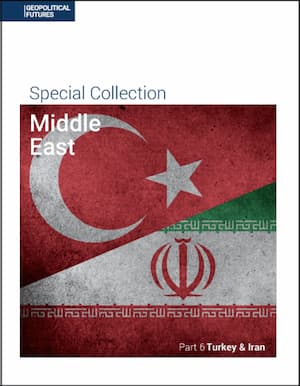The fall of the Assad regime in Syria created a unique problem for Arab states, especially Saudi Arabia and the United Arab Emirates. They are relieved that their regional and sectarian rival, Iran, has lost its power and influence in the Levant, but its demise has empowered Sunni Islamists in Syria, the likes of which […]
Saudi Araba and the UAE’s New Islamist Problem
The fall of Assad in Syria has empowered a different kind of threat.





